Serbia readies micro-loan program
Deputy Prime Minister Božidar Đelić stated Saturday that the Serbian government and the National Bank of Serbia (NBS) will prepare a microcredit model.
Sunday, 31.10.2010.
15:28

Deputy Prime Minister Bozidar Djelic stated Saturday that the Serbian government and the National Bank of Serbia (NBS) will prepare a microcredit model. This would see loans ranging from two to three thousand euros granted to the most impoverished citizens without asking for guarantees. Serbia readies micro-loan program On the other hand, this model must not lead to destabilization of the financial system, he noted. Djelic spoke to reporters during a news conference where the guest of honor was Nobel Prize winner Yunus Muhammad from Bangladesh, who championed the concept. Yunus is the founder of Grameen Bank in Bangladesh, and he explained the idea of micro-loans while visiting Belgrade. "If you have an idea, we can give you a loan. You must work and pay us back. If you're successful - we'll give you more money. We're not asking for any collaterals. Simply put - you work, we give you the money, and they you pay it back." Yunus said he had no doubt that his concept was always succeeding and said the percent of those who pay back their loans was as high as 99. Among those who applied for such crediting were poor residents of New York, he revealed. Yunus reiterated that his bank was not there to make a profit, but to help the poor stand on their feet instead of being dependent on welfare. "Trust is at the basis of everything - we believe that you can work, earn and pay back the money. The fact that you're doing better, means we are doing better. And since you're doing better, you become interested in your own capacities and you want to expand them, so you keep the door open. We open the door through which you get funds, and if you do not pay back - the door closes," he explained. The 2006 Nobel Peace Prize winner also revealed that his relations with politicians were never good, since, in his words, they prefer to hand out money without asking people to start working in return. Another good side of his concept, Yunus says, it that it is economic-crisis proof. "Micro-crediting is not hit by the economic crisis because we work with people, near the base line of the economy. But the crisis has certainly produced more demand since people have been losing jobs and they must work to make up for it. We are now needed more than ever," he concluded. Meanwhile, Bozidar Djelic says that although the banking system in Serbia is quite developed, it is not designed to help poor citizens spur entrepreneurship. "In the months ahead, the priority of the Serbian government will be fight against poverty and reduction of the unemployment rate," Djelic said, adding that in the last five years, the number of Serbian citizens who are below the regional poverty threshold was reduced from 14 to about seven percent, but that due to the global economic crisis this rate has increased to 8.8 percent. Following a considerable drop in the unemployment rate to 16.4 percent in 2009, the rate has increased to 18 percent in 2010, Djelic said. "Therefore, the Serbian government will allocate more funds for the poor in the 2011 budget so as to help them overcome poverty for good, rather than just use the funds for consumption," he said. The government will launch initiatives for the adoption of the law on microcredit organizations, which would give loans only to the poor, and the law on and cooperative societies which are very important both for agriculture and housing construction, he said. Yunus and Djelic in Belgrade on Saturday (Beta)
Serbia readies micro-loan program
On the other hand, this model must not lead to destabilization of the financial system, he noted.Đelić spoke to reporters during a news conference where the guest of honor was Nobel Prize winner Yunus Muhammad from Bangladesh, who championed the concept.
Yunus is the founder of Grameen Bank in Bangladesh, and he explained the idea of micro-loans while visiting Belgrade.
"If you have an idea, we can give you a loan. You must work and pay us back. If you're successful - we'll give you more money. We're not asking for any collaterals. Simply put - you work, we give you the money, and they you pay it back."
Yunus said he had no doubt that his concept was always succeeding and said the percent of those who pay back their loans was as high as 99. Among those who applied for such crediting were poor residents of New York, he revealed.
Yunus reiterated that his bank was not there to make a profit, but to help the poor stand on their feet instead of being dependent on welfare.
"Trust is at the basis of everything - we believe that you can work, earn and pay back the money. The fact that you're doing better, means we are doing better. And since you're doing better, you become interested in your own capacities and you want to expand them, so you keep the door open. We open the door through which you get funds, and if you do not pay back - the door closes," he explained.
The 2006 Nobel Peace Prize winner also revealed that his relations with politicians were never good, since, in his words, they prefer to hand out money without asking people to start working in return.
Another good side of his concept, Yunus says, it that it is economic-crisis proof.
"Micro-crediting is not hit by the economic crisis because we work with people, near the base line of the economy. But the crisis has certainly produced more demand since people have been losing jobs and they must work to make up for it. We are now needed more than ever," he concluded.
Meanwhile, Božidar Đelić says that although the banking system in Serbia is quite developed, it is not designed to help poor citizens spur entrepreneurship.
"In the months ahead, the priority of the Serbian government will be fight against poverty and reduction of the unemployment rate," Đelić said, adding that in the last five years, the number of Serbian citizens who are below the regional poverty threshold was reduced from 14 to about seven percent, but that due to the global economic crisis this rate has increased to 8.8 percent.
Following a considerable drop in the unemployment rate to 16.4 percent in 2009, the rate has increased to 18 percent in 2010, Đelić said.
"Therefore, the Serbian government will allocate more funds for the poor in the 2011 budget so as to help them overcome poverty for good, rather than just use the funds for consumption," he said.
The government will launch initiatives for the adoption of the law on microcredit organizations, which would give loans only to the poor, and the law on and cooperative societies which are very important both for agriculture and housing construction, he said.













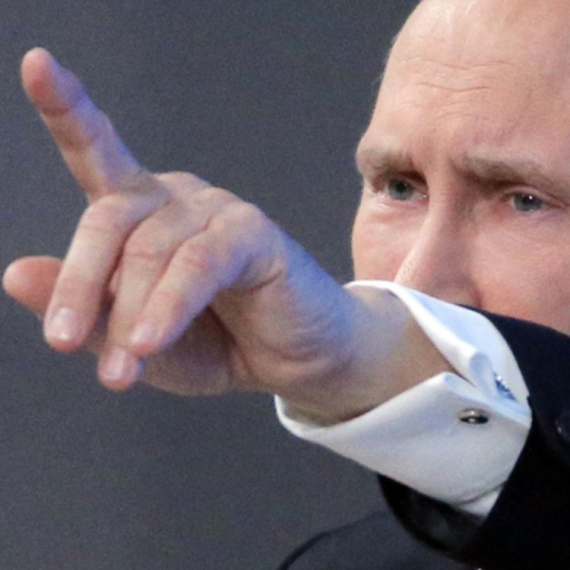
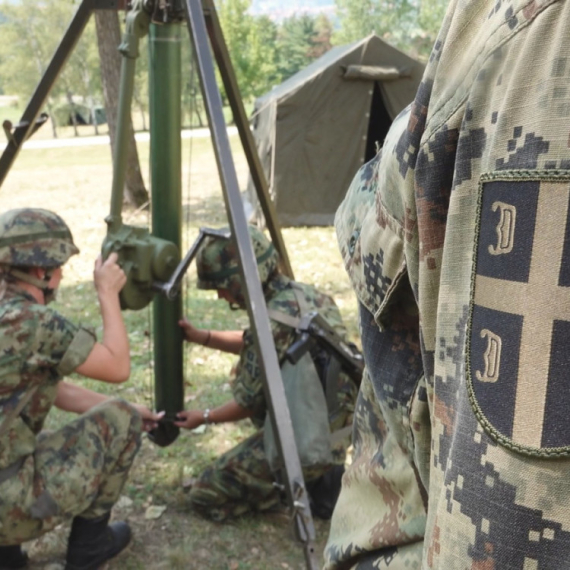




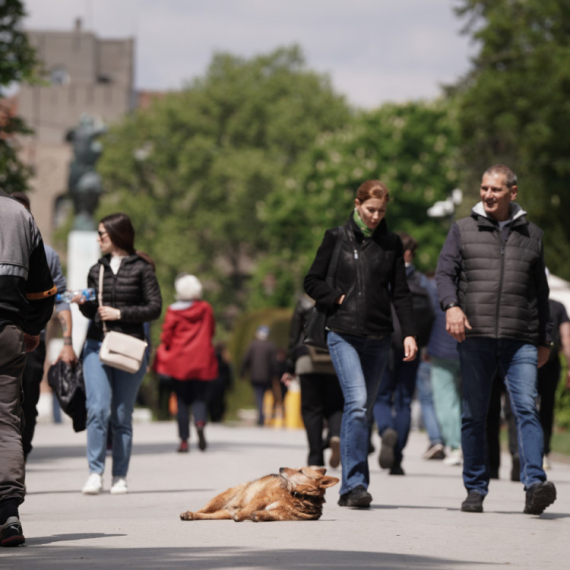










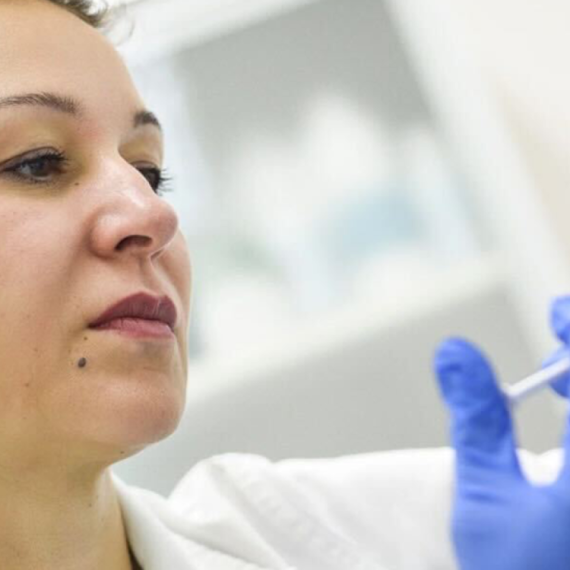
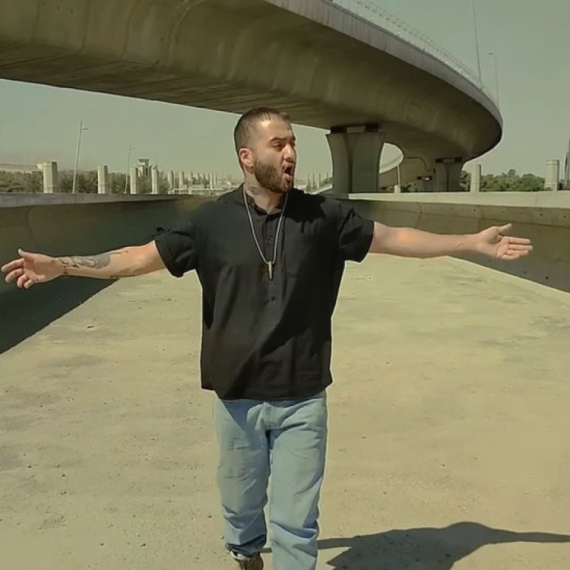



Komentari 1
Pogledaj komentare